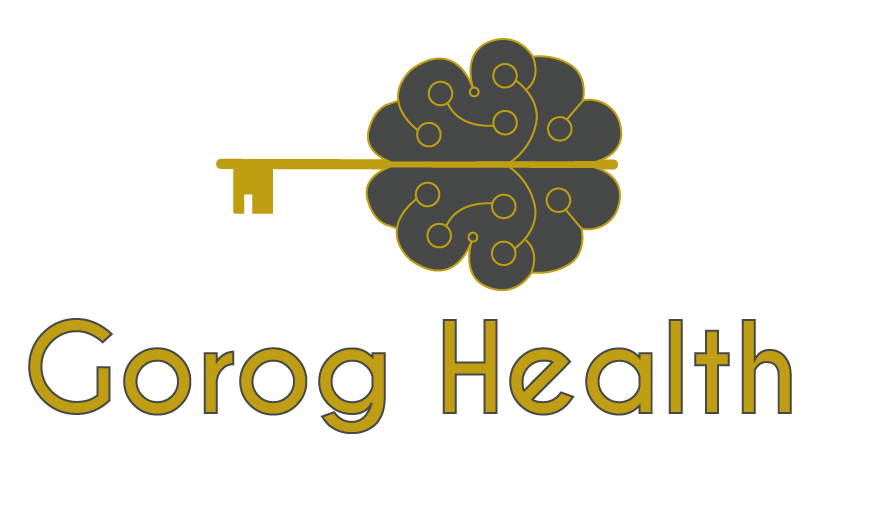Treatment Modalities
At Gorog Health, we offer cognitive behavioral therapy, CBT-I for insomnia, mindfulness-based CBT, and biofeedback for anxiety. We provide our patients with a safe environment in which to heal, because we care about you and want to help you live the life you want to live. When you visit our offices, you’ll discover a calm, peaceful place full of care and compassion, where your comfort and wellbeing are our primary focus and concern.
Different Psychological Approaches
1. CBT for Insomnia – CBT-I: Cognitive Behavioral Therapy (CBT) for insomnia, often known as CBT-I, is a helpful and popular treatment of choice for many who suffer with getting the right amount of restful sleep. Cognitive behavioral therapy for insomnia helps patients learn how to recognize and control or eliminate the thoughts and habit patterns that cause sleep problems or make them worse. Patients learn how to replace those thoughts and habits with new ones that promote good quality sleep.
1. Mindfulness-Based CBT: Mindfulness-based cognitive therapy is a therapeutic approach to psychotherapy that uses cognitive behavioral therapy methods in tandem with mindfulness, meditative, and other similar strategies. It was originally created for individuals with major depressive disorder as a relapse-prevention treatment. Dr. Gorog uses a mindfulness-based cognitive behavioral therapy approach to teach patients practical somatic-based skills such as mindfulness, biofeedback, yoga stretching, diaphragmatic breathing and more to help reduce tension and stress in both the body and mind.
2. Biofeedback for Anxiety: Biofeedback has proven that by harnessing the power of your mind and becoming aware of what's going on inside your body, you can exert greater control over your health. This technique involves the process of gaining a greater awareness of the physiological functions of your body by using electronic or other instruments, with the goal of being able to manipulate your body's systems at will and promote relaxation. Biofeedback uses a computer, specialized software, and electronic sensors to record stress levels and the certain factors that change when you are under stress such as heart rate, blood pressure, skin temperature, and muscle tension. Biofeedback for anxiety can help teach you how to develop a greater awareness of the thoughts that cause stress and anxiety, and how to exert control over your body’s physiological processes to recognize the source of anxiety and learn how to relieve it.
Various relaxation exercises are used in biofeedback therapy, including:
Deep diaphragmatic breathing
Mindfulness meditation -- focusing your thoughts and releasing negative emotions
Guided imagery -- concentrating on a specific image to focus your mind and promote relaxation
Progressive muscle relaxation -- alternately tightening and relaxing different muscle groups
No matter which of the different modalities of treatment you prefer, each should be specifically designed for you and your unique circumstances and needs. If you are looking for help from an experienced, compassionate, and understanding team, contact Dr. Lauren Gorog today to learn more about available treatment options and how to set up an evaluation.



